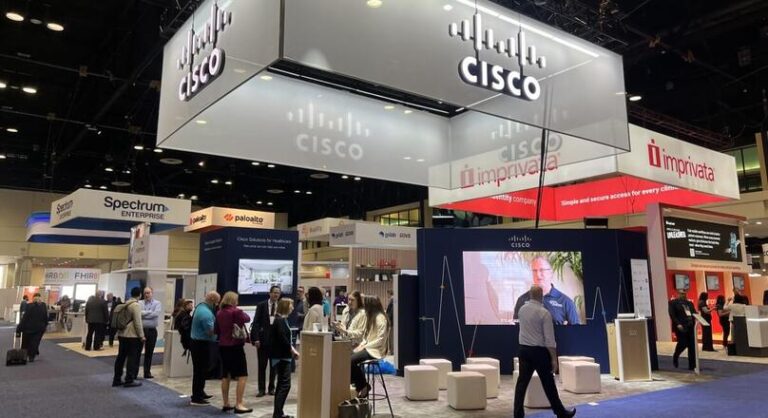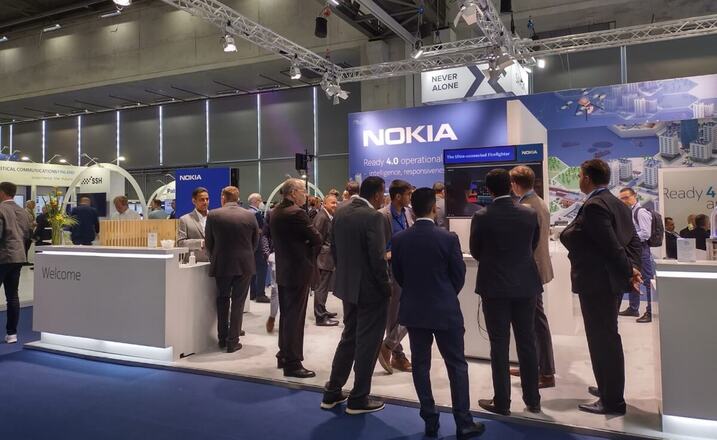
Shell has unveiled a new direct liquid cooling (DLC) fluid designed to meet the rising thermal demands of artificial intelligence and high-performance computing workloads. The product, Shell DLC Fluid S3, is the company’s latest move to address the growing need for efficient, reliable, and sustainable cooling in today’s data center environments.
Shell DLC Fluid S3 is a propylene glycol-based formulation engineered to deliver superior thermal conductivity and broad compatibility with modern cooling hardware. It complements Shell’s existing line of immersion cooling products by offering a targeted approach for cooling critical components such as CPUs and GPUs directly at the source of heat.
As server densities increase and compute loads intensify, traditional air-based cooling systems have become less effective. By enabling heat to be removed directly from high-load chips, DLC technologies like Shell’s new fluid can significantly reduce the reliance on mechanical air conditioning systems. According to Shell, DLC Fluid S3 offers power usage effectiveness (PUE) improvements of up to 27 percent over conventional air cooling setups.
The fluid would meet all Open Compute Project PG25 coolant specifications, which are widely accepted industry standards governing compatibility, material safety, and performance. Importantly, the DLC approach ensures that the fluid does not come into direct contact with semiconductor surfaces, preserving hardware warranties and supporting system integrity over time.
Long-Term Corrosion Protection
Shell highlights a number of technical attributes designed to improve the longevity and safety of data center operations. DLC Fluid S3 provides long-term corrosion protection across multiple metals, including copper, brass, aluminum, and steel, which are frequently used in heat sinks and piping. It also omits commonly problematic additives like borates and silicates, offering better performance with rubber seals and polymer components.
The fluid’s expected operational lifespan would exceed six years, more than doubling the life expectancy of traditional inorganic acid-based coolants. Additional features include freeze protection down to -10 degrees Celsius (14 degrees Fahrenheit), simplified leak detection through the use of a fluorescent green dye, and strong thermal transfer performance, especially in systems using copper-based heat sinks.
Aysun Akik, Vice President of New Business Development and Global Key Accounts at Shell Lubricants, emphasized the strategic importance of this product for the future of digital infrastructure. She noted that Shell is now positioned to offer both direct-to-chip and immersion cooling options, enabling flexibility across a wide range of data center designs and thermal challenges.
Akik also underlined the advantages of Shell’s global infrastructure. With five technology development hubs and a robust international supply chain, the company aims to deliver scalable, innovative cooling technologies that align with the sustainability and efficiency goals of its enterprise customers.
The introduction of Shell DLC Fluid S3 comes at a time when many data center operators are actively re-evaluating their cooling strategies. As demand for computing power surges, particularly with the growth of generative AI and machine learning, thermal management is rapidly becoming a focal point of both operational performance and environmental impact. Shell’s new fluid signals a clear intention to play a leading role in this transition.




